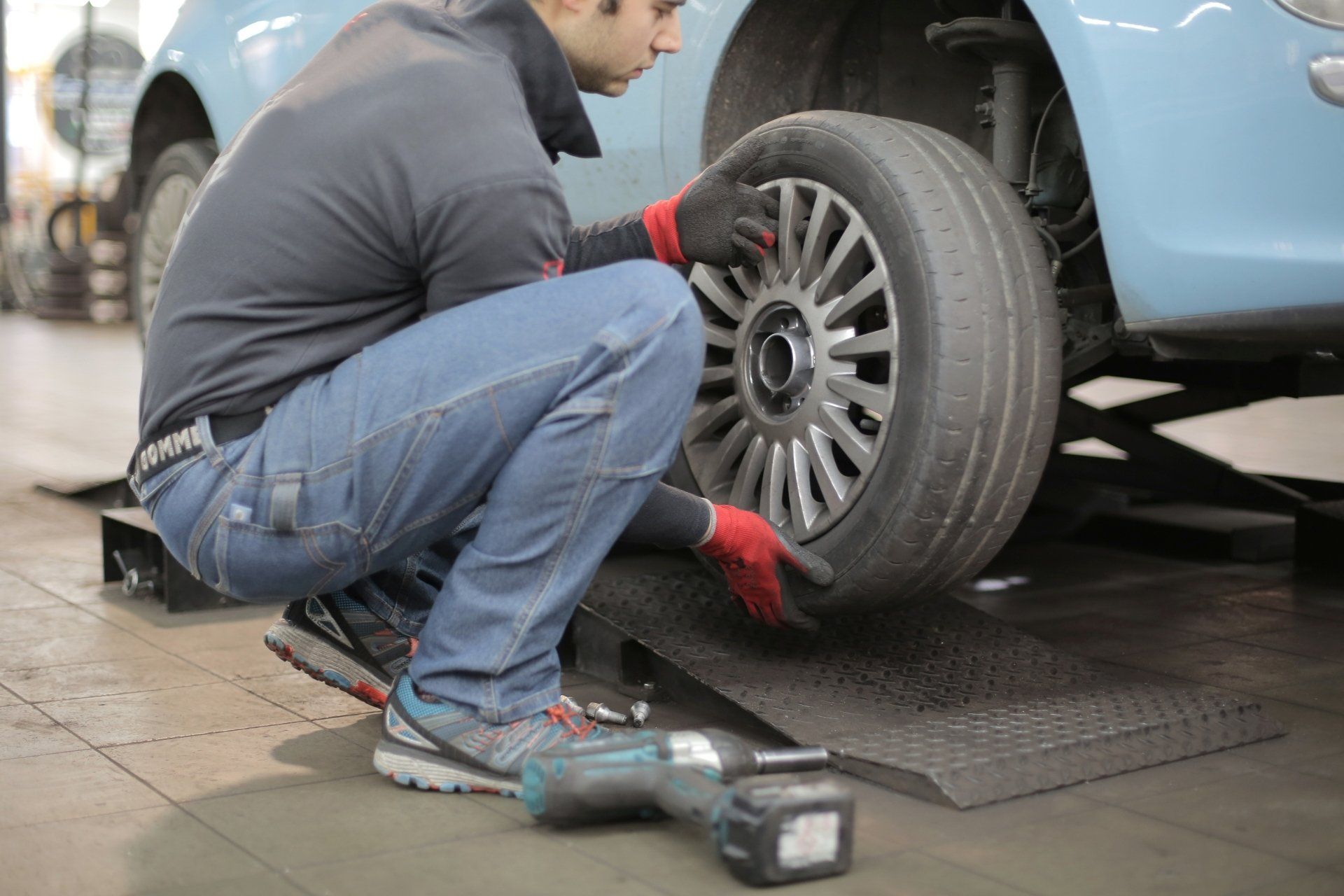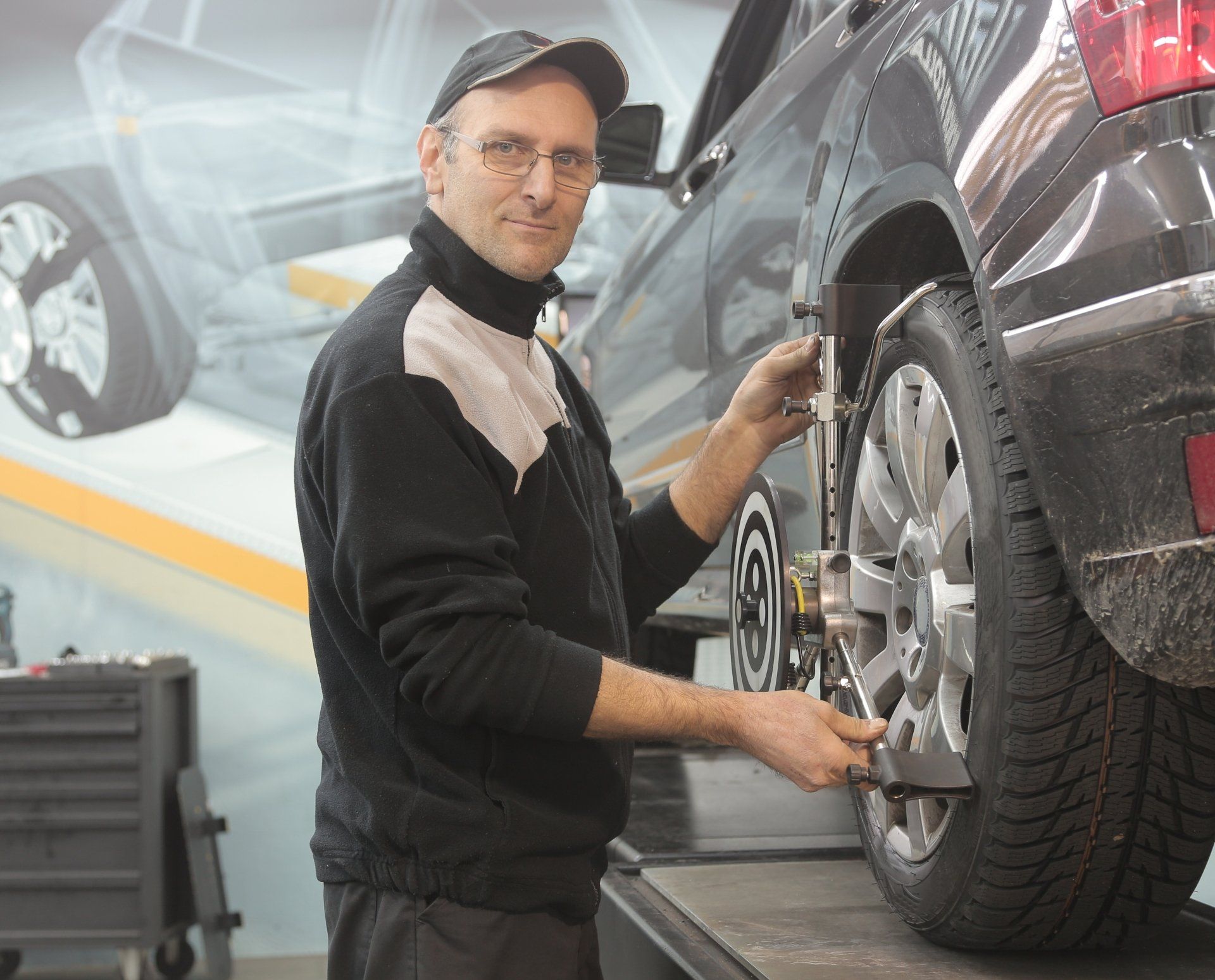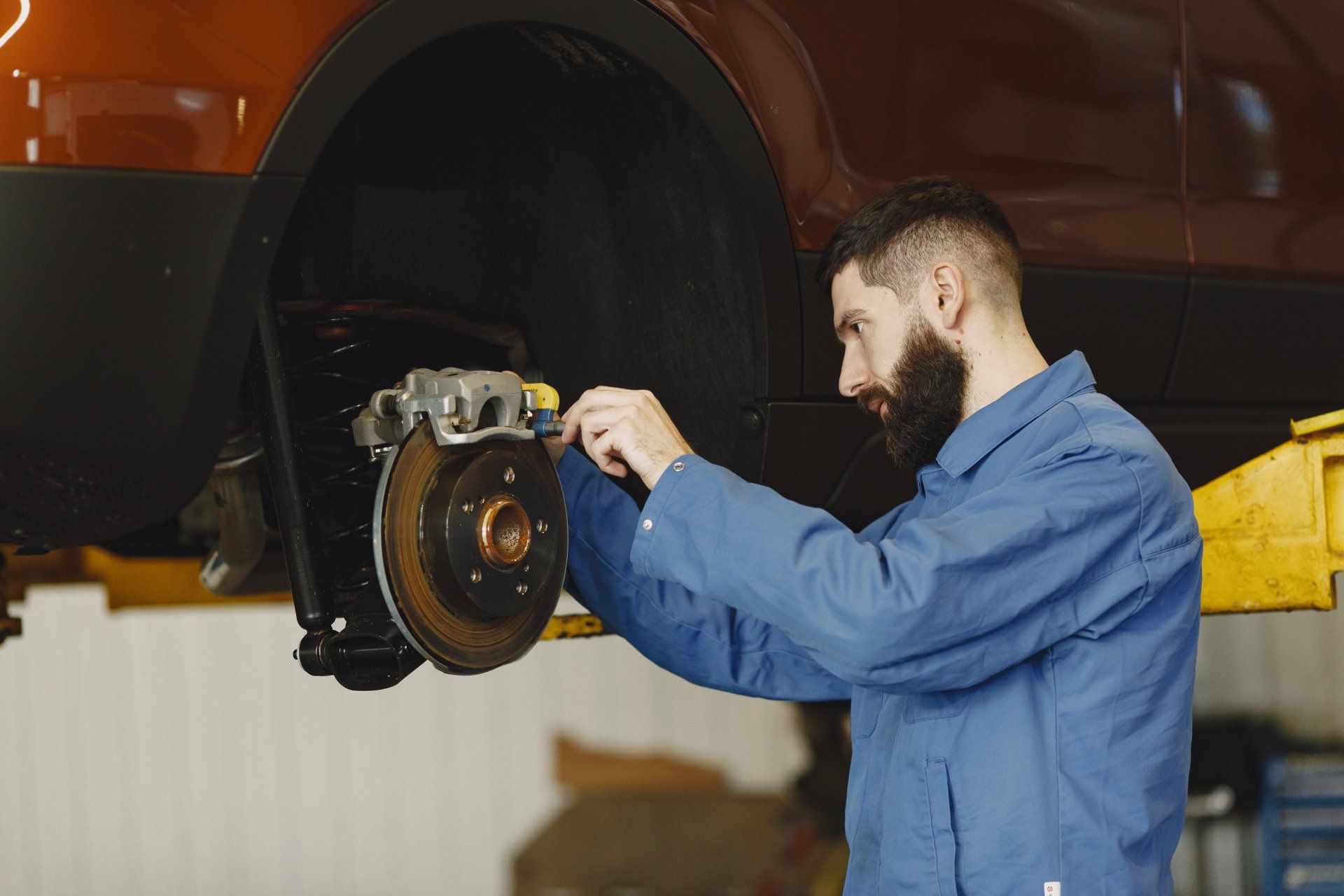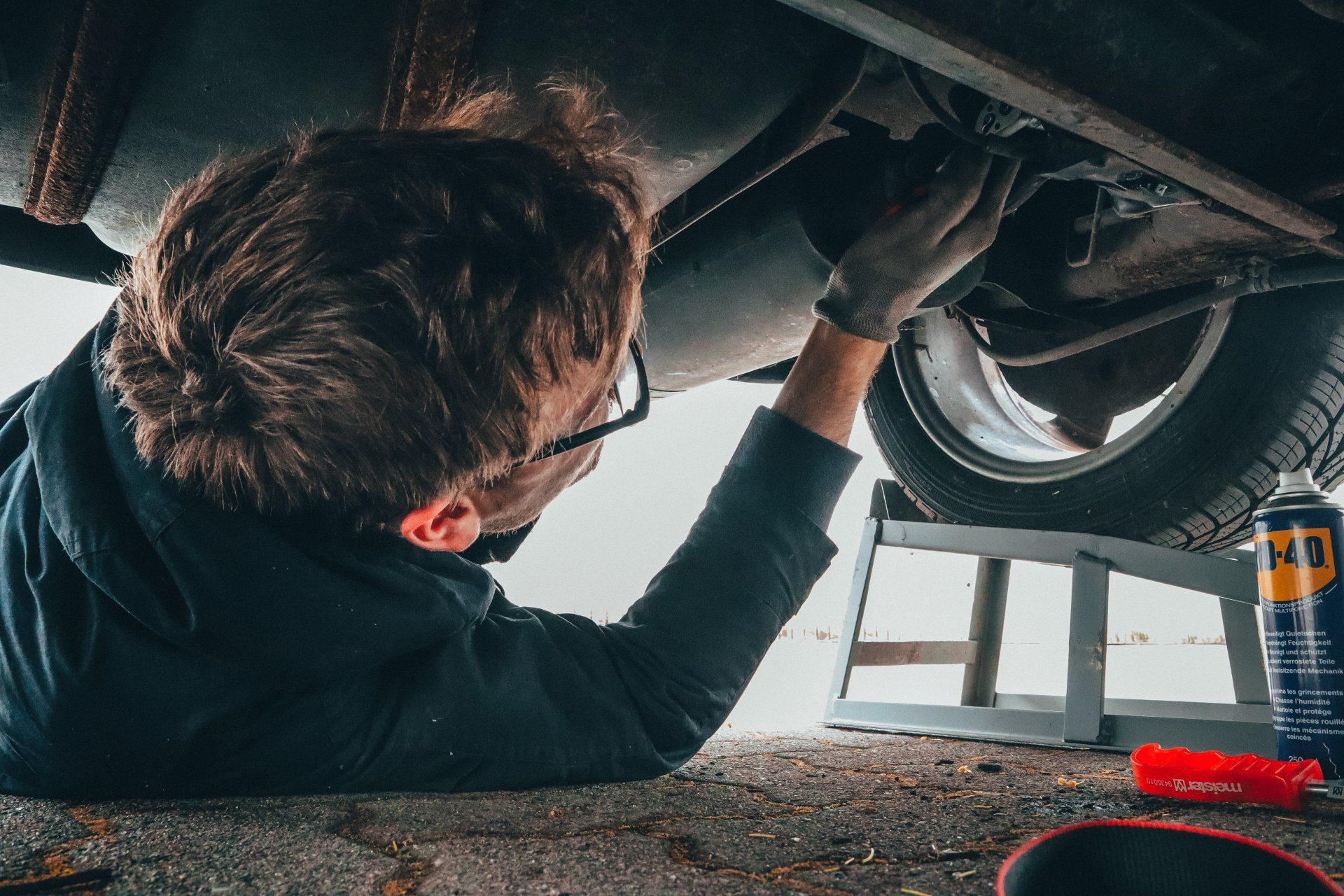How to Avoid Battery Failure During Cold Months
How to Avoid Battery Failure During Cold Months
As winter approaches, many drivers brace for the potential challenges colder weather brings to their vehicles. Among these, battery failure is one of the most common and frustrating problems. At Mango Automotive, serving Cottonwood, The Heights, Downtown, and Yuma, AZ, we know firsthand the importance of maintaining a healthy battery to keep your car running smoothly during the colder months. In this guide, we’ll share expert tips to help you avoid battery failure and ensure your vehicle is ready for the winter.
Why Cold Weather Affects Your Car Battery
Cold temperatures can significantly impact your car battery’s performance. Batteries rely on a chemical reaction to generate power, and as the temperature drops, this process slows down, reducing the battery’s ability to hold and deliver a charge. At Mango Automotive, we recommend checking your battery’s health before the cold months settle in to prevent unnecessary breakdowns.
How to Recognize Signs of a Weak Battery
Recognizing the early warning signs of a weakening battery can save you from being stranded in the cold. Here are some symptoms to watch out for:
- Slow Engine Crank: If your engine takes longer than usual to start, it could be a sign that your battery is struggling.
- Dim Lights: Dimming headlights or interior lights when starting your car often indicate a weak battery.
- Warning Lights: The battery or check engine light on your dashboard may illuminate if your battery is losing power.
- Corroded Terminals: White, powdery buildup on your battery terminals can interfere with the electrical connection.
At Mango Automotive, we offer battery diagnostics at all of our locations in Cottonwood, The Heights, Downtown, and Yuma, AZ, to help you identify any issues early and avoid costly repairs down the line.
Preventing Battery Failure: Essential Tips
By taking proactive steps, you can significantly reduce the chances of your car’s battery failing during winter. Here’s what we recommend at Mango Automotive:
- Regular Battery Inspections Before the cold months arrive, have your battery checked by a professional. At Mango Automotive, we conduct thorough inspections to assess your battery's charge and overall condition. We recommend having your battery checked every three to six months, especially in regions with fluctuating temperatures.
- Keep Your Battery Clean Corrosion on battery terminals can disrupt the connection and reduce your battery’s performance. Regularly clean the terminals with a battery cleaning brush or have one of our technicians at Mango Automotive handle it for you. This simple maintenance step can improve the lifespan of your battery.
- Reduce Battery Strain Limit using electrical components, such as the radio, lights, and seat heaters, when the engine isn’t running. These features can quickly drain the battery’s charge, especially in colder weather.
- Consider a Battery Blanket In extreme cold temperatures, investing in a battery blanket can help keep your battery warm, allowing it to perform more efficiently. At Mango Automotive, we can help you choose the right options to keep your vehicle winter-ready.
- Turn Off Unnecessary Features Before starting your vehicle, ensure that all non-essential accessories, like heated seats and the radio, are turned off. This reduces the initial load on the battery, making it easier for your engine to start.
Choosing the Right Battery for Cold Weather
If your current battery is aging or not performing as it should, it might be time for a replacement. Not all car batteries are designed to handle colder temperatures, which is why we offer a variety of high-quality batteries at Mango Automotive. Our technicians can recommend the best cold-cranking amp (CCA) battery for your vehicle, ensuring it can withstand lower temperatures and deliver consistent performance.
How Mango Automotive Can Help
At Mango Automotive, we’re here to ensure your car is ready for the winter months ahead. With locations in Cottonwood, The Heights, Downtown, and Yuma, AZ, we offer comprehensive battery services to keep your vehicle running smoothly. Whether you need a battery inspection, cleaning, or replacement, our team of certified technicians will provide top-tier service.
We also understand that prevention is key. That’s why we recommend scheduling a winter vehicle checkup to inspect not only your battery but also other essential components, including the brakes, tires, and fluids. This comprehensive approach ensures you’re prepared for winter’s challenges, from battery failure to slippery roads.
Don’t Wait Until It’s Too Late
A weak battery doesn’t always show obvious signs of trouble until it’s too late. Instead of dealing with the inconvenience of a dead battery, visit Mango Automotive for a pre-winter battery check. Our team is equipped with the latest diagnostic tools to assess your battery’s health and prevent unexpected issues.
Winter is coming, but with proper care and attention, you can keep your car battery in peak condition. At Mango Automotive, we’re committed to helping you stay safe and confident on the road, no matter the season.











